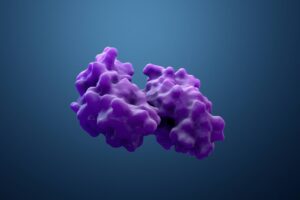early infancy
Nutrition, Pediatrics
The findings of a new research suggest that a mother’s diet during nursing influences her offspring’s microbiota composition, gut health and predisposition to become obese.
Gastroenterology, Pediatrics
A supplement of LGG would seem to favour the proliferation of Bifidobacterium and the improvement of clinical and immunological response to childhood cystic fibrosis.
Pediatrics
Moraxella may be involved in protecting children from COVID-19 infections through its action on amino acid and lipid metabolism in the upper respiratory tract.
Pediatrics
Antimicrobial resistant bacteria are present in newborns after just a few hours of life and they help to understand the routes of transmission of antibiotic-resistance genes.
Pediatrics
The findings of a new research suggest that during the early maturation, the microbiota would be more likely to be influenced by other microbiotas on a not-too-distant level of maturity.
Scientific research
New research offers insights into how human gut bacteria recognize sulfated glycans. The findings could help to develop interventions for diseases where sulfated glycan metabolism is altered.
Pediatrics
New research shows that microbiota diversity appears early in infants from nonindustrial populations and could be traced back to their mothers as well as to the local environment.
Pediatrics
The findings of a new research suggest that IgG in breast milk promotes immunity against intestinal pathogens and shapes the development of the gut microbiota and immune cells in early…
Pediatrics
A new clinical trial indicates that Bifidobacterium strains can accelerate microbiota maturation, with positive immunological effects in premature babies.
Pediatrics
A new study evaluates the association of multiple breast milk feeding practices with infant gut microbiota composition during a baby’s first year.










